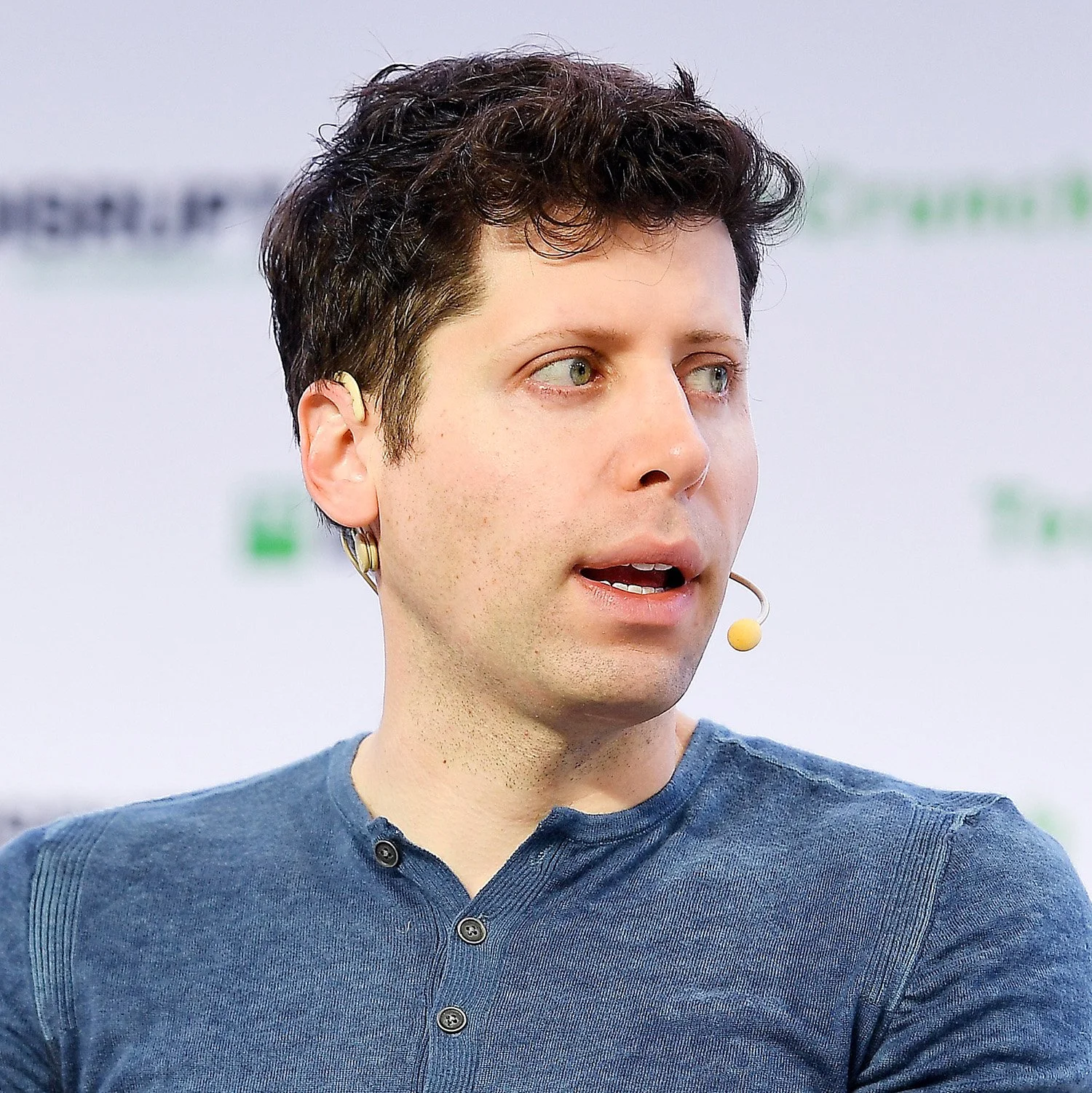Sam Altman: A Name That You Should Know in the AI Era
Image Credit: TechCrunch, CC BY 2.0, via Wikimedia Commons
Sam Altman, CEO of OpenAI, has become a central figure in the AI world, captivating audiences worldwide with his vision. Hailed as a tech prodigy, Altman's journey from a Stanford dropout to a tech mogul is nothing short of extraordinary. However, his rapid rise to power raises questions about the influence one individual can wield over such a transformative technology. Altman's charm and intelligence have earned him admirers, but also skeptics who question his true motives. As AI continues to evolve, the stakes have never been higher.
The Senate Hearing: A Turning Point
On May 16, 2023, Sam Altman testified before the US Senate judiciary subcommittee on AI oversight. This moment marked a crucial point in the debate over AI regulation. Altman, alongside other experts, discussed the potential and risks of AI. While Altman advocated for regulation, some felt his statements lacked full transparency. The hearing highlighted the need for rigorous oversight of AI technologies and their developers.
OpenAI’s Dubious Practices
Despite its name, OpenAI has been criticized for its lack of transparency. The company's flashy demos, such as the Rubik’s Cube-solving robot, often mislead the public and media. OpenAI's shift from its initial promise of openness to a more secretive approach raises concerns. Critics argue that the company's actions often prioritize hype over genuine scientific advancement. This pattern of behavior has led many to question the ethical foundation of OpenAI.
The Illusion of Altruism
Altman’s portrayal of himself as a selfless leader dedicated to humanity's well-being has been scrutinized. During the Senate hearing, he claimed to have no equity in OpenAI, but this statement was misleading. Altman holds indirect stakes through other investments, revealing a more complex financial entanglement. This discrepancy casts doubt on his altruistic image. The truth behind his financial interests raises questions about his real motivations.
Lobbying Against Regulation
Publicly, Altman supports AI regulation, but actions behind the scenes tell a different story. OpenAI has been implicated in efforts to weaken the EU’s AI Act. Such lobbying efforts suggest a reluctance to accept stringent oversight. This duality between public statements and private actions is troubling. Effective regulation is essential to ensure AI development benefits society at large, not just a select few.
The Fallout of Altman’s Firing
In November 2023, Altman was temporarily fired from OpenAI for allegedly being "not consistently candid". This event shocked the tech world, but he was quickly reinstated with the help of Microsoft and employee petitions. The incident underscored the deep divisions within the AI community regarding Altman’s leadership. The rapid reversal of his firing demonstrated his significant influence and the contentious nature of his tenure. It also raised further questions about the governance of powerful AI companies.
Safety and Ethics Concerns
OpenAI’s commitment to AI safety has been questioned by former employees and researchers. Key staff members have departed, citing broken promises and a lack of prioritization of safety. This exodus signals deeper issues within the company’s operational ethics. Reliable AI development requires a steadfast commitment to safety and transparency. The departure of key figures undermines trust in OpenAI’s dedication to these principles.
Intellectual Property Controversies
OpenAI’s use of intellectual property without adequate compensation has sparked outrage among creators. The Scarlett Johansson incident, where her likeness was used against her wishes, exemplifies this issue. This practice highlights the ethical challenges of training AI on vast amounts of data. Respecting the rights of creators is crucial for maintaining trust and fairness. The backlash from artists and actors underscores the need for ethical standards in AI development.
Environmental Impact of AI
Generative AI models, popularized by OpenAI, have significant environmental costs. The energy consumption and emissions associated with training these models are substantial. As AI technologies grow, their environmental footprint could become untenable. This raises important questions about the sustainability of current AI development practices. Balancing technological advancement with environmental responsibility is essential for future progress.
The Path Forward
To build trustworthy AI, a new approach is needed, prioritizing safety, transparency, and global cooperation. A cross-national effort akin to CERN’s high-energy physics consortium could be transformative. Public demand for rigorous AI regulation is growing, reflecting widespread concern. Ensuring AI serves humanity requires moving beyond profit-driven models to more ethical frameworks. Only through collective action and stringent oversight can the promise of AI be fully realized.
Source: The Guardian

